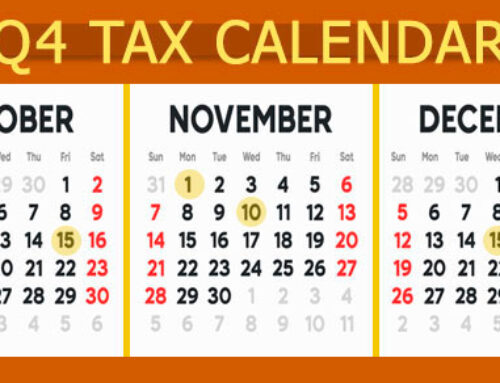The temporary nondiscrimination relief for closed defined benefit plans provided in Notice 2014-5, I.R.B. 2014-2, 276, is extended through plan years beginning in 2020. Notice 2014-5 provided temporary nondiscrimination relief for certain defined benefit pension plans that were “closed” before December 13, 2013. Notice 2014-5, I.R.B. 2014-2, 276, Notice 2015-28, I.R.B. 2015-14, 848, Notice 2016-57, I.R.B. 2016-40, 432, Notice 2017-45, I.R.B. 2017-38, 232, and Notice 2018-69, I.R.B. 2018-37, 426, are modified.
Closed Defined Benefit Plans
Employers have been moving away from traditional defined benefit plans for rank and file employees. Existing plans are sometimes closed for new employees as of a specified date. These plans are referred to as “closed plans,” and the employees who continue to earn pension benefits under the closed plan are often known as a “grandfathered group of employees.”
Closed plans must continue to meet the coverage and nondiscrimination tests, but they may eventually find it difficult because the proportion of the grandfathered group of employees who are highly compensated employees compared to the employer’s total workforce increases over time. This occurs because grandfathered employees usually continue to receive pay raises and so may become highly compensated employees, while new employees who are generally nonhighly compensated employees are not covered by the closed plan.
Notice 2014-5 Relief
For plan years beginning before 2016, Notice 2014-5 provides testing relief for defined benefit/defined contribution plans that include a closed defined benefit plan that was closed before December 13, 2013. Under this relief the plan can demonstrate satisfaction of the nondiscrimination in amount requirement on the basis of equivalent benefits, even if the does not meet any of the existing eligibility conditions for testing on that basis.
This relief has been extended several times in anticipation of the IRS issuing final amendments to the Code Sec. 401(a)(4) regulations. Most recently the relief was extended until plan years beginning in 2019, and it is now extended for plan years beginning in 2020. The IRS issued proposed regulations in 2016 to provide a permanent fix ( NPRM REG-125761-14, Jan. 29, 2016). The IRS expects the final regulations will provide that the reliance granted in the preamble to the proposed regulations may be applied for plan years beginning before 2021.




